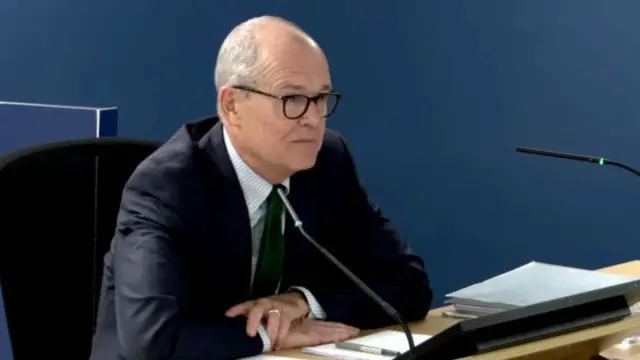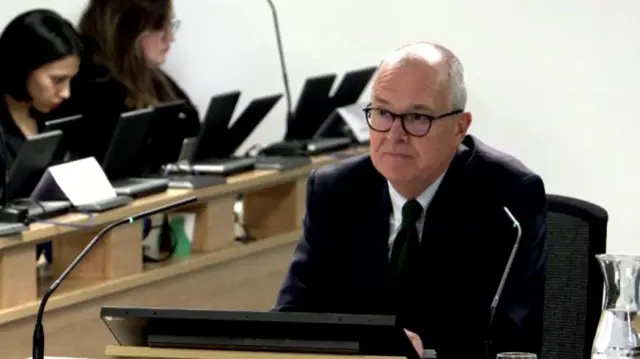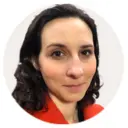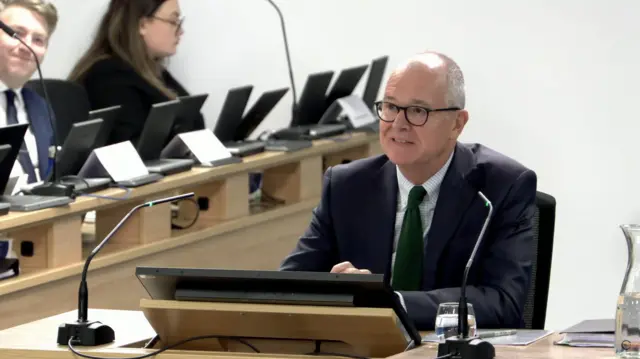Vallance says Johnson was 'sceptical' about long Covidpublished at 15:01 GMT 20 November 2023
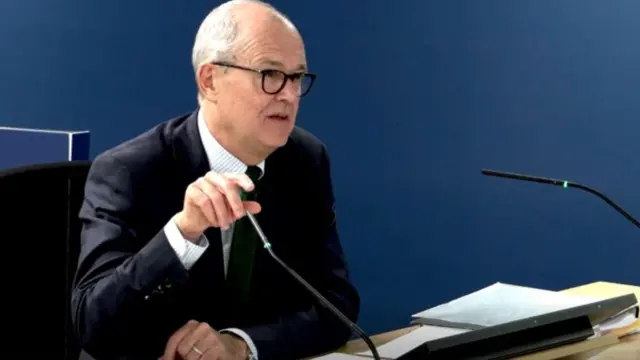 Image source, UK Covid inquiry
Image source, UK Covid inquiryThe inquiry has now moved on to ask Sir Patrick Vallance about long Covid and the approach from policymakers in the Cabinet Office towards its impact on the population.
In written evidence submitted to the inquiry ahead of today, Vallance says that former prime minister Boris Johnson was "very sceptical" about long Covid.
"He [Johnson] didn't really think it was a big problem," Vallance wrote, adding that the prime minister "wasn't keen" to take on board evidence about the longer-term impacts of Covid-19 infections.
Vallance adds that Johnson did not want to think about long Covid in an "active" way.
Then-health secretary Matt Hancock, on the other hand, understood long Covid and could communicate and explain it, according to Vallance.
In a note from the period Vallance said: "Hancock explained things well for once".


